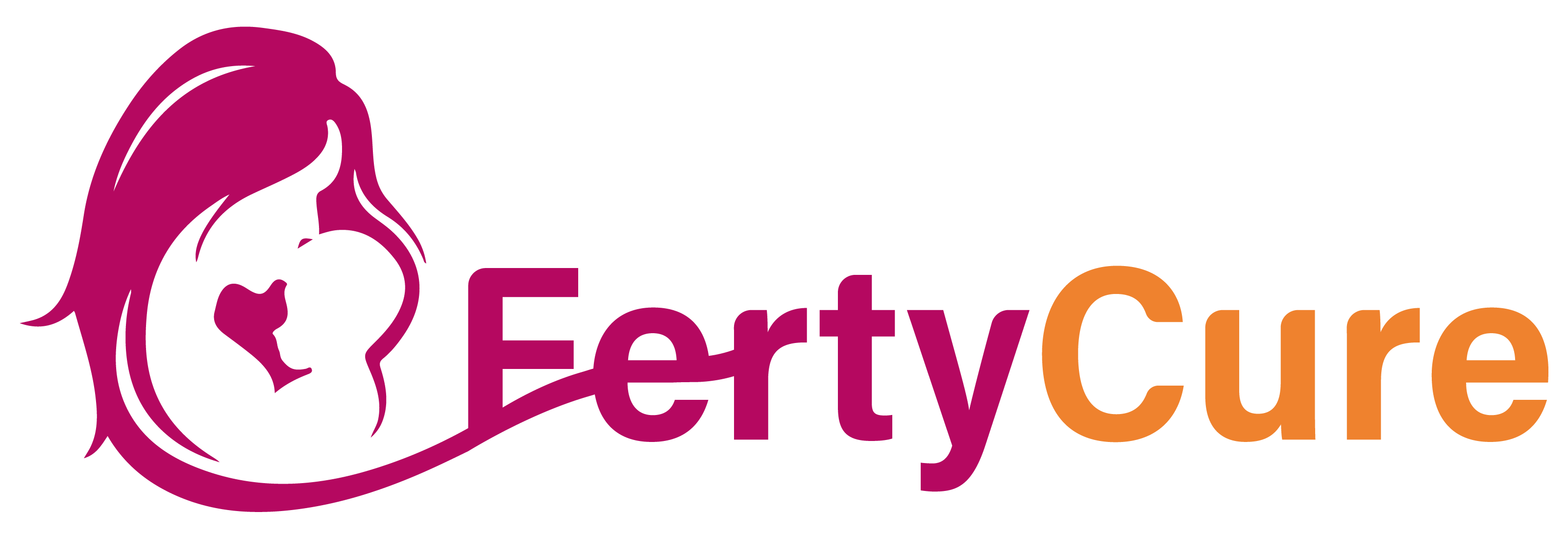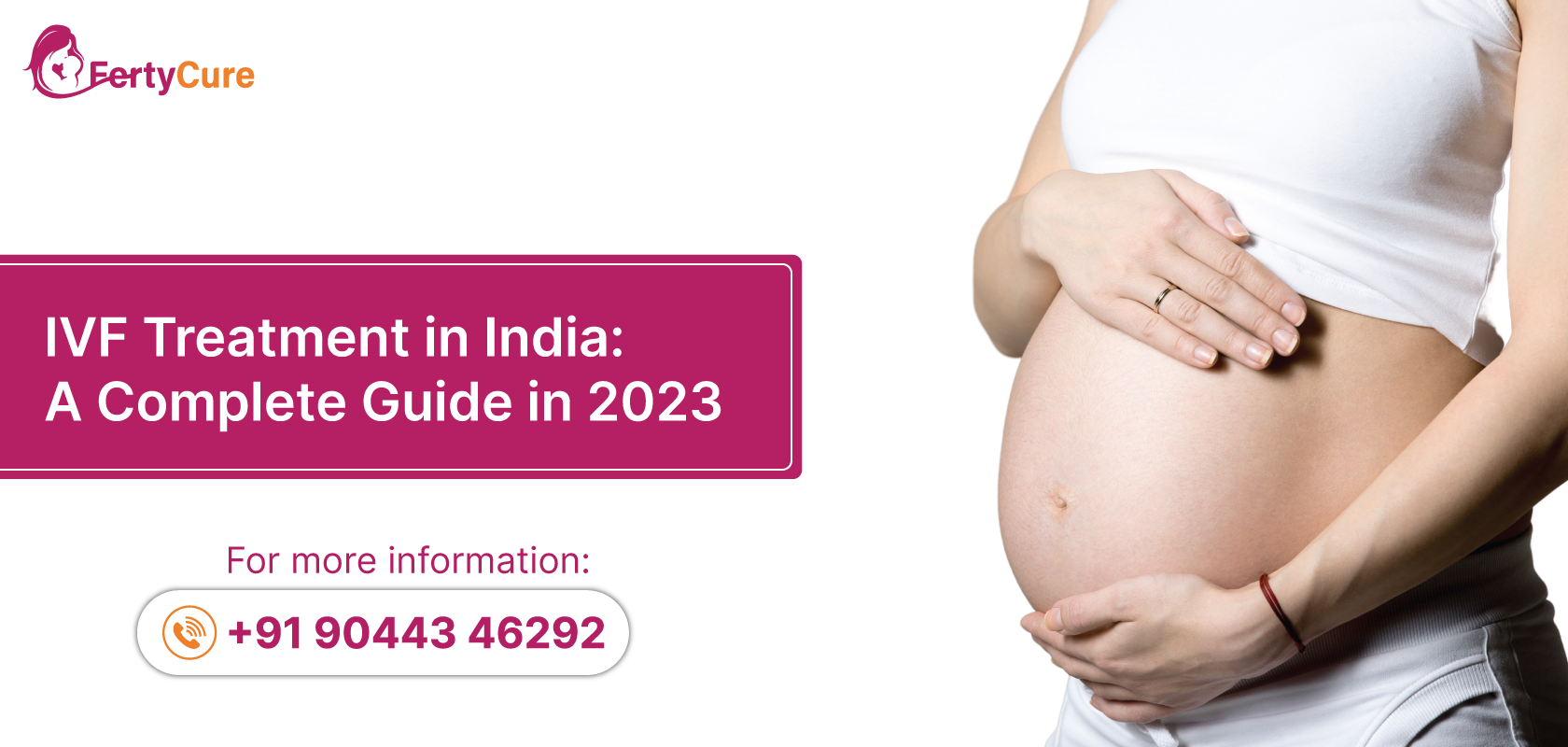Table of Contents
IVF Treatment in India: Advantages and Limitations
- Introduction
- What is IVF Treatment?
- The IVF Process
- Step 1: Ovarian Stimulation
- Step 2: Egg Retrieval
- Step 3: Fertilization
- Step 4: Embryo Transfer
- Advantages of IVF Treatment in India
- Advanced Medical Facilities
- Experienced and Skilled Doctors
- Cost-effective Treatment
- Supportive Environment
- Limitations of IVF Treatment in India
- Multiple Births
- Emotional and Psychological Stress
- Ethical Considerations
- Success Rates of IVF in India
- Who is Suitable for IVF Treatment?
- Preparing for IVF Treatment
- Lifestyle Changes
- Medical Checkups
- Common Myths about IVF Treatment
- Conclusion
IVF Treatment in India: Advantages and Limitations

Introduction:
In vitro fertilization (IVF) has revolutionized the field of reproductive medicine, offering hope to millions of couples struggling with infertility. IVF Treatment is a process where eggs are fertilized with sperm outside the body in a laboratory dish. India has emerged as a leading destination for IVF treatment, attracting patients from all over the world. This article explores the advantages and limitations of IVF treatment in India.
Must Read: Female Infertility Treatment in India
What is IVF Treatment?
IVF Treatment is a medical procedure designed to help couples who are unable to conceive naturally. It involves several steps, including ovarian stimulation, egg retrieval, fertilization, and embryo transfer. The success of IVF depends on various factors, such as the age and overall health of the woman, the quality of eggs and sperm, and the expertise of the medical team.
The IVF Process:
- Step 1: Ovarian Stimulation: During this phase, the woman receives fertility medications to stimulate the ovaries to produce multiple eggs. Regular monitoring and hormonal tests are conducted to assess the progress of egg maturation.
- Step 2: Egg Retrieval: Once the eggs are mature, a minor surgical procedure is performed to retrieve them from the ovaries. The procedure is usually carried out under sedation to minimize discomfort.
- Step 3: Fertilization: The retrieved eggs are then fertilized with the partner’s sperm or a donor’s sperm in a laboratory dish. The fertilized eggs develop into embryos over the next few days.
- Step 4: Embryo Transfer: The final step involves transferring the developed embryos into the woman’s uterus. Successful implantation leads to pregnancy.
Advantages of IVF Treatment in India:
- Advanced Medical Facilities: India boasts state-of-the-art medical facilities equipped with the latest technology and infrastructure. Renowned fertility clinics offer world-class services and adhere to international standards.
- Experienced and Skilled Doctors: Indian fertility specialists are highly experienced and well-trained in handling complex cases. Their expertise and knowledge contribute significantly to the high success rates of IVF treatment in India.
- Cost-effective Treatment: Compared to many other countries, IVF treatment in India is more affordable, making it a cost-effective option for couples seeking fertility solutions.
- Supportive Environment: India is known for its compassionate and caring approach towards patients. The emotional support provided by the medical staff during the IVF journey can be immensely beneficial for couples.
Limitations of IVF Treatment in India
- Multiple Births: One of the potential risks associated with IVF treatment is the chance of multiple births, which can lead to complications for both the mother and the babies.
- Emotional and Psychological Stress: The IVF journey can be emotionally and psychologically taxing for couples. Dealing with uncertainty and undergoing multiple procedures can take a toll on their mental well-being.
- Ethical Considerations: IVF raises ethical questions, such as the fate of unused embryos and the possibility of selective abortions based on genetic testing.
Success Rates of IVF in India:
The success rates of IVF treatment in India vary based on age, the cause of infertility, and the clinic’s expertise. On average, the success rate ranges from 40% to 75%.
Who is Suitable for IVF Treatment?
IVF is recommended for couples with the following conditions:
- Blocked fallopian tubes
- Male infertility issues
- Unexplained infertility
- Genetic disorders
- Endometriosis
Preparing for IVF Treatment:
- Lifestyle Changes: Leading a healthy lifestyle can improve the chances of successful IVF. Maintaining a balanced diet, regular exercise, and avoiding harmful habits like smoking and excessive alcohol consumption are essential.
- Medical Checkups: Before starting IVF treatment, both partners undergo comprehensive medical checkups to identify any underlying health issues that may affect the procedure’s outcome.
Common Myths about IVF Treatment:
- IVF is the Last Resort: IVF should not be considered as the last option; it is one of the many assisted reproductive technologies available.
- IVF Guarantees Pregnancy: While IVF improves the chances of conception, it does not guarantee a successful pregnancy in all cases.
- IVF Leads to Severe Birth Defects: Studies have shown that the risk of birth defects in IVF babies is only slightly higher than in naturally conceived children.
- IVF is Painful and Risky: IVF procedures are generally well-tolerated, and the risk of complications is minimal.
- IVF is Only for the Wealthy: With the increasing popularity of IVF in India, the cost has become more affordable and accessible to a broader spectrum of people.
Conclusion:
IVF treatment in India has transformed the lives of numerous couples, offering hope and happiness. The country’s advanced medical facilities, skilled doctors, and cost-effectiveness make it an attractive destination for patients seeking fertility treatment.
However, it is essential to be aware of the limitations and ethical considerations associated with IVF. Couples considering IVF should seek guidance from experienced medical professionals and prepare themselves emotionally for the journey ahead.
FAQs:
-
Is IVF treatment painful?
The IVF procedure itself is minimally invasive and generally not painful. However, some women may experience mild discomfort during the egg retrieval process.
What is the average cost of IVF treatment in India?
The cost of IVF treatment in India can vary depending on the clinic and the specific procedures required. On average, it ranges from $3,000 to $6,000.
How long does an IVF cycle take?
An IVF cycle typically takes about 4 to 6 weeks, including the various stages from ovarian stimulation to embryo transfer.
Are there any natural alternatives to IVF?
While IVF is one of the most effective assisted reproductive technologies, there are other options like IUI (Intrauterine Insemination) and fertility medications that may be suitable for some couples.
Can IVF guarantee twins or triplets?
While multiple pregnancies are possible with IVF due to the transfer of multiple embryos, it is not guaranteed, and the number of embryos transferred is usually decided based on individual circumstances and medical advice.

